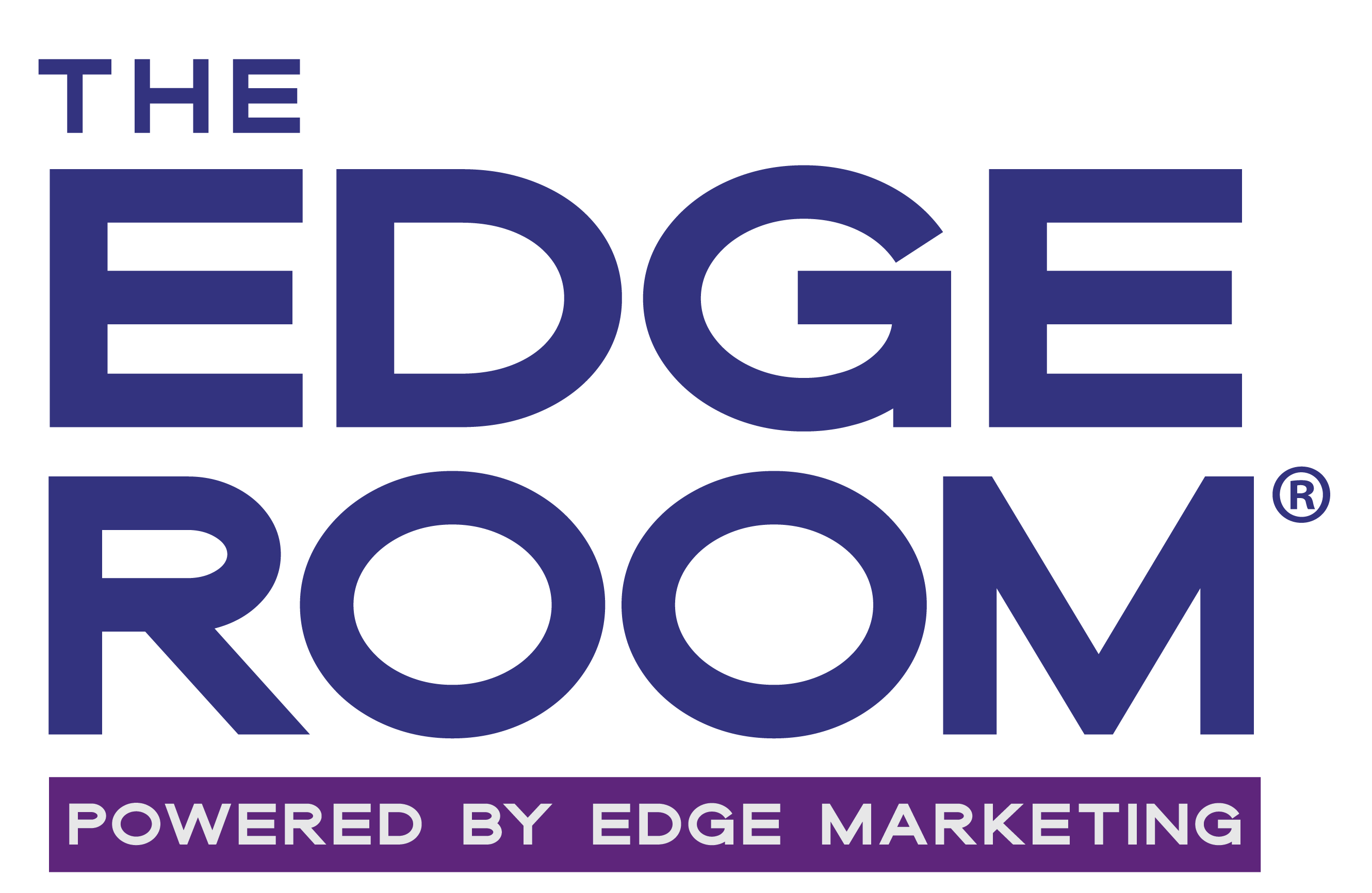This year’s ALA Annual Conference & Expo was held at the Gaylord Rockies Resort & Convention Center in Aurora, CO, in May. Attendees were treated to a jaw-dropping, picturesque Rocky Mountain landscape as well as a wide range of educational sessions and opportunities to engage with expert speakers and discover cutting-edge solutions from leading exhibitors. The conference provided valuable insights and practical strategies to enhance the efficiency and effectiveness of legal administration and operations.
Wednesday session of note recap:
Super-Charged Productivity with Legal Documentation Automation + AI:
Critical Steps in Beginning Your Journey
Legal document automation, coupled with artificial intelligence (AI), can significantly enhance productivity for legal and administrative teams. This session, led by Michelle Spencer, the lead product marketing manager at NetDocuments, delves into the strategies for successfully integrating AI into legal workflows. The focus is on improving client responsiveness, streamlining processes and accelerating new employee competency while mitigating risks. In this post, we share highlights of the key points discussed, offering actionable steps for implementing AI in legal documentation.
Understanding the Importance of AI in Legal Documentation
Proactivity is crucial in adopting AI in legal settings. In this session, speaker Spencer emphasized that starting early prevents clients from seeking alternative solutions that exclude your firm. Transparency builds trust with both internal and external stakeholders, ensuring everyone is aligned with the new technologies.
Effective policies provide a framework for AI use. These should include:
- Training Requirements: Clearly define what training is necessary before using AI tools.
- Appropriate and Prohibited Uses: Specify what is allowed and what is not.
- Ethics, Privacy and Data Security: Address these critical areas to protect both internal and client data.
- Client Communication: Guidance on how to discuss AI use with clients.
Training should be ongoing, not a one-time event. Initial sessions might cover basic principles, capabilities, limitations, and ethical considerations. Subsequent sessions can delve into best practices and emerging concerns.
Ethical Standards and Confidentiality
Compliance with ethical standards is paramount. AI policies must reflect existing legal standards and any jurisdiction-specific regulations. Lawyers need to be involved to ensure adherence to ethical guidelines and confidentiality protocols.
Confidentiality is particularly sensitive in legal settings. Data shared with AI tools must be carefully managed to prevent unauthorized access or misuse. Spencer highlighted the importance of understanding how data is processed, stored and used by AI systems.
Data Security
Data security involves knowing where and how data is processed and stored. Legal documents often contain sensitive information that must be protected. Spencer advised checking with vendors to ensure that data is not retained or used improperly.
Practical Steps for AI Integration
Initial Training and Frameworks: Start with comprehensive training sessions that cover the basics of generative AI, its capabilities, limitations, and ethical considerations. Use a combination of live training and short e-learning videos to ensure thorough understanding.
Continuous Learning and Feedback: Training should not be a one-time event. Regular sessions for sharing experiences, addressing new questions and discussing best practices are vital. This ongoing process helps reinforce the correct use of AI tools and keeps everyone updated on new developments.
Client Engagement: Incorporate discussions on use of AI into initial client consultations and engagement letters. Explain the benefits and address security concerns. Help clients understand its value by providing concrete examples of how AI improves service.
Integrating AI into legal documentation processes can greatly enhance productivity and client service; however, it requires careful planning, robust policies, continuous training, and active supervision. By starting early and proactively addressing potential issues, legal firms can harness the power of AI while minimizing risks.
Following the steps outlined by Michelle Spencer in this session will help firms navigate the complexities of AI adoption, ensuring a smooth transition and maximizing the benefits of this powerful technology.



